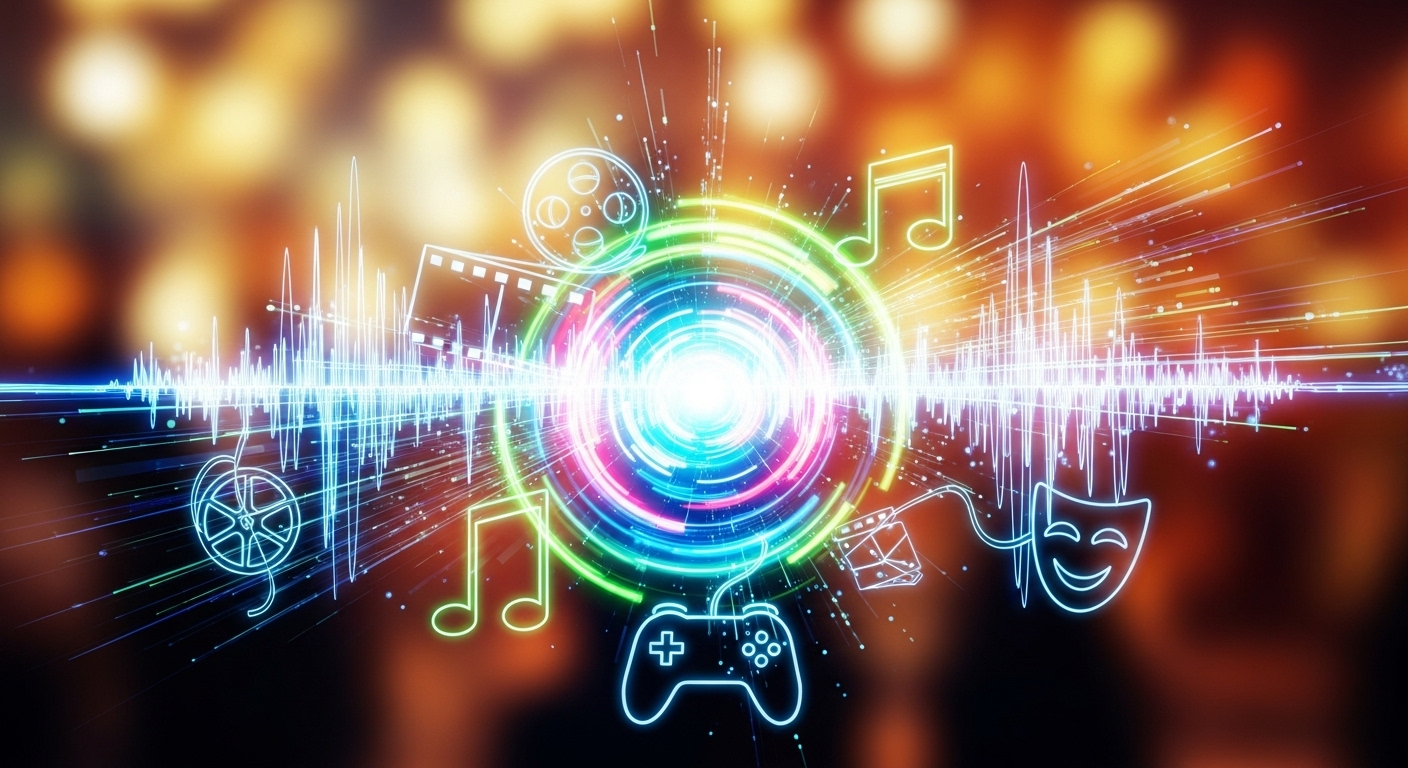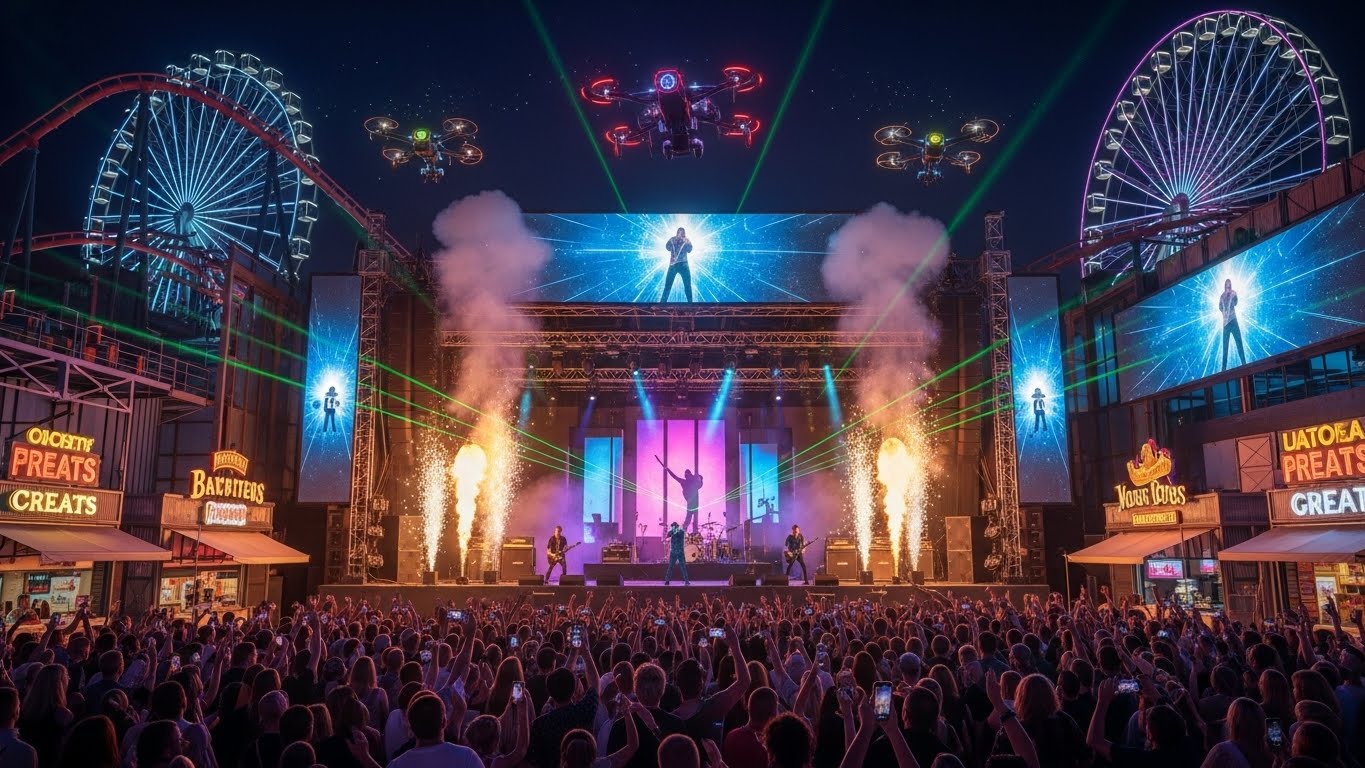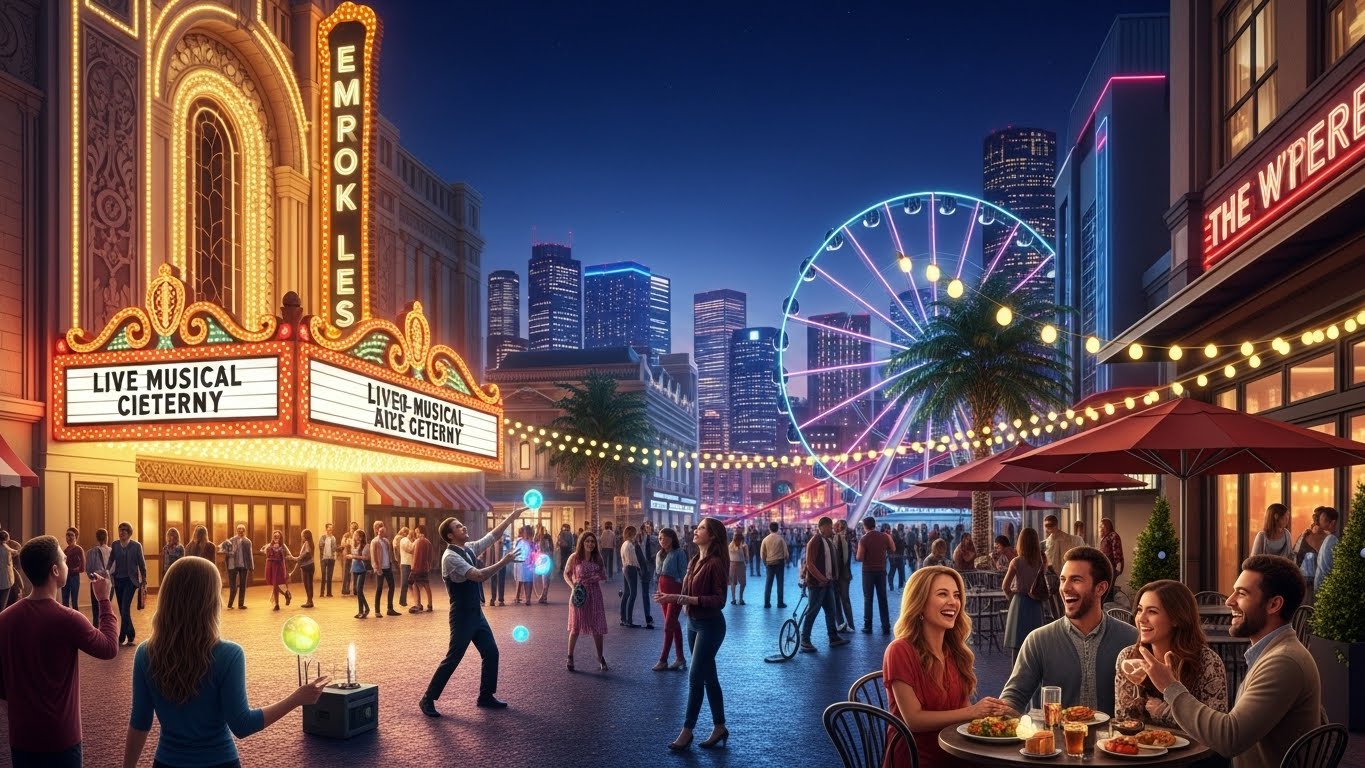Entertainment is a universal language that brings people together, offering moments of joy, escape, and connection. From the early days of storytelling around fires to the high-tech experiences of today, entertainment has always been in a state of flux. It evolves with advances in technology, cultural shifts, and changing tastes, making it an ever-relevant part of human life. In this post, we will delve into how entertainment has transformed over the years and the current trends that are shaping its future.
The Early Roots: Storytelling as Entertainment
The foundation of entertainment lies in storytelling. Long before television, film, or digital platforms, people gathered around fires, at town squares, or in courts to hear tales. These stories were often passed down orally and served multiple purposes—educating, entertaining, and preserving history. Whether mythological tales, parables, or fables, storytelling was the way communities kept their traditions and entertained each other.
As human societies grew more complex, entertainment became a social activity, central to bonding and the exchange of ideas. Ancient civilizations introduced theater, music, and dance as forms of entertainment, using performance art to narrate historical events, myths, and moral lessons. The Greeks and Romans, with their festivals and plays, laid the groundwork for structured entertainment experiences that continue to this day.
The Birth of Cinema: A Revolution in Entertainment
The 20th century marked a monumental shift in entertainment with the invention of cinema. The early silent films captured the imagination of millions, with directors like Charlie Chaplin mastering the art of visual comedy. Cinema allowed audiences to experience grand narratives, vivid visuals, and deep emotional stories like never before. This new form of entertainment opened doors to a world where people could escape into fantastical realities, and actors like Humphrey Bogart, Audrey Hepburn, and Marlon Brando became global icons.
With the arrival of sound in movies during the late 1920s, the “talkie” era began, further enhancing the cinematic experience. Hollywood’s Golden Age was marked by the rise of big-budget epics and musical extravaganzas. Meanwhile, television emerged as a household staple, offering a more intimate form of entertainment that could be enjoyed at home. Television gave rise to sitcoms, soap operas, and dramas that captivated families, making entertainment accessible without leaving the living room.
The Digital Revolution: Streaming and Online Content
As the 21st century rolled in, the digital revolution began to transform entertainment again, this time through the internet. Streaming services like Netflix, Hulu, and Amazon Prime fundamentally changed how people consumed content. The convenience of accessing entire libraries of TV shows and movies on-demand meant that viewers were no longer bound by traditional TV schedules. With binge-watching becoming a cultural phenomenon, series like Breaking Bad and Stranger Things turned into global obsessions.
This era also saw the rise of user-generated content through platforms like YouTube and TikTok. These platforms allowed anyone with a camera or smartphone to become a content creator, democratizing entertainment and offering a wider variety of voices and ideas. People no longer had to rely on major studios or networks to get their stories told—they could build their own audiences and share their work with the world.
The Age of Social Media: Entertainment and Interaction
In recent years, social media has become an integral part of the entertainment ecosystem. Platforms like Instagram, Twitter, Facebook, and TikTok have revolutionized the way people engage with content. Celebrities, influencers, and creators have turned social media into a massive platform for entertainment, where fans can interact directly with their favorite personalities. This shift has also led to the rise of the “influencer economy,” where individuals can monetize their online presence through brand deals, product promotions, and live streaming.
Live streaming platforms like Twitch have transformed gaming into a spectator sport, with millions tuning in to watch others play video games. The rise of live-streamed events, from concerts to political debates, has made it easier than ever to be a part of the moment, no matter where you are in the world. Social media’s role in entertainment is no longer just about consumption; it’s about engagement and connection.
The Interactive Entertainment Era: Gaming and VR
One of the most exciting developments in modern entertainment is the rise of interactive forms of media, particularly video games and virtual reality (VR). Video games have evolved from simple arcade titles into sprawling, interactive experiences that can take hours to complete. Games like The Last of Us, Red Dead Redemption 2, and The Witcher 3 offer cinematic-quality storytelling with complex characters and immersive worlds that rival traditional films and television.
In addition to traditional gaming, virtual reality has emerged as a new frontier for entertainment. VR creates entirely new experiences, placing users inside digital environments where they can explore, play, and even socialize in virtual spaces. Whether it’s through VR gaming or virtual concerts and events, the potential for VR to revolutionize how we experience entertainment is huge. As VR technology becomes more accessible, the line between reality and digital worlds is increasingly blurred, offering new ways for people to interact with media.
The Future of Entertainment: AI, Personalization, and Immersive Worlds
Looking ahead, it’s clear that technology will continue to shape the future of entertainment. Artificial intelligence (AI) is already being used to personalize content, making recommendations based on user preferences. Streaming services use AI algorithms to suggest shows and movies that fit individual tastes, while AI-generated art and music are becoming more common in creative fields. In the future, AI may help create entirely new forms of content that are tailored specifically to each user, adapting in real-time based on their reactions and preferences.
The idea of immersive, interactive entertainment is also gaining traction. Imagine a world where a movie isn’t just something you watch, but something you live through. Interactive storytelling, which is already popular in video games like Detroit: Become Human and Bandersnatch, could become even more sophisticated with advancements in AI and motion capture technology. The future may see entertainment experiences that adapt to our actions, making us active participants in the stories that unfold.
Additionally, advancements in augmented reality (AR) and 5G networks will further enhance the entertainment experience. With AR, entertainment could extend beyond screens into the real world, allowing for more interactive and immersive forms of media. Whether it’s playing games that overlay digital elements onto our physical surroundings or attending live concerts in virtual spaces, the possibilities are endless.
Conclusion: The Constant Evolution of Entertainment
Entertainment is constantly evolving, driven by advancements in technology, shifts in cultural preferences, and the creative spirit of those who shape it. From the earliest days of storytelling to the immersive, interactive worlds we experience today, entertainment has always been an essential part of human life. As new technologies like AI, VR, and AR continue to emerge, we are on the cusp of even more groundbreaking changes in how we consume and engage with entertainment.
What’s most exciting is that entertainment is becoming more personalized, more immersive, and more accessible than ever before. As the landscape continues to evolve, it’s clear that the future of entertainment will offer endless opportunities for creativity, connection, and innovation. The best part? We’re all part of this incredible journey, watching, engaging, and, most importantly, shaping the entertainment world of tomorrow.



